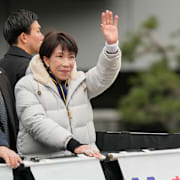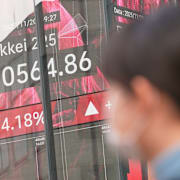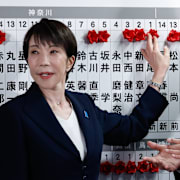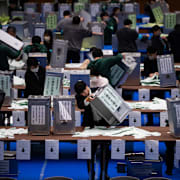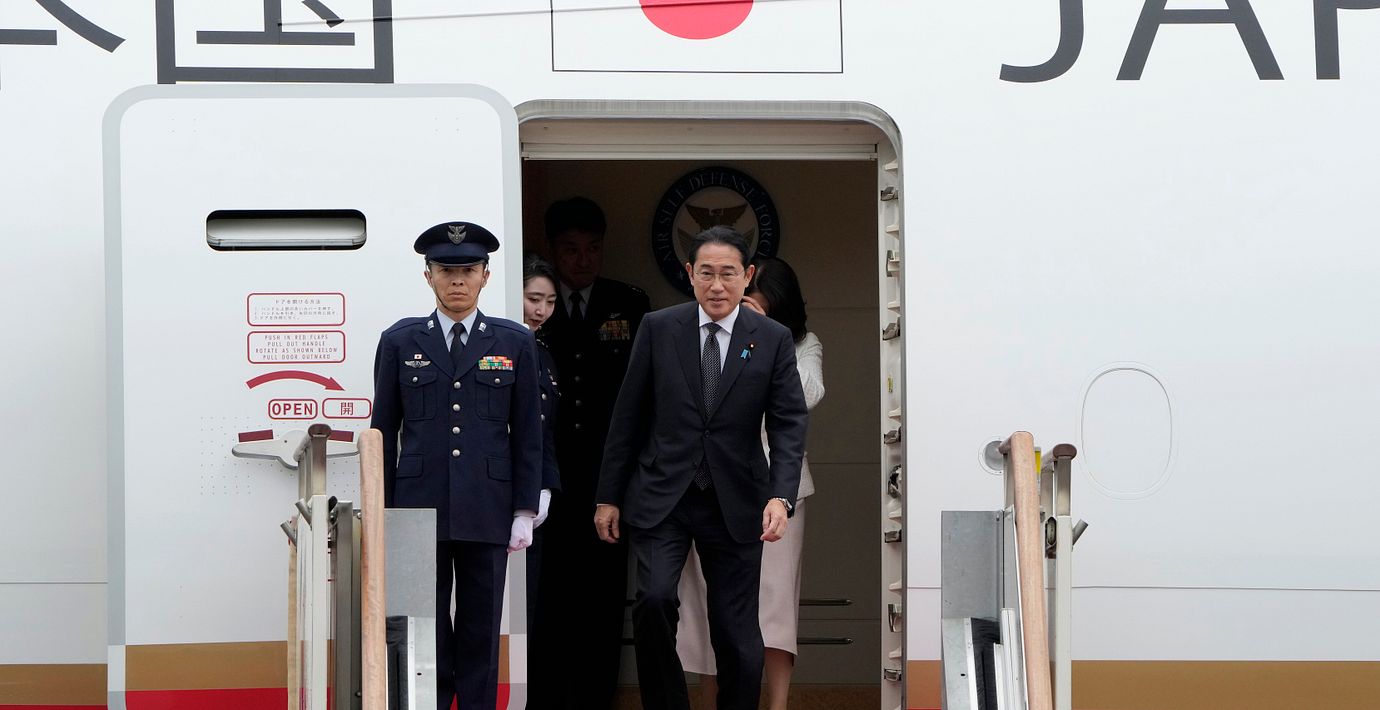
Kishida tackar för sig med toppmöte i Sydkorea
Senare i september kommer Japans premiärminister Fumio Kishida lämna sin post. Den japanske ledaren reser under fredagen till Sydkorea för ett ”avskedstoppmöte”, skriver nyhetsbyrån AP.
Han ska bland annat träffa den sydkoreanske presidenten Yoon Suk Yeol för att stärka banden mellan länderna som på senare år lyckats lägga gamla konflikter bakom sig.
– Premiärminister Kishida har satt sitt personliga politiska kapital på spel för att förbättra relationerna med Sydkorea, säger Leif-Eric Easley, professor vid kvinnouniversitetet Ewha till nyhetsbyrån.
De frostiga relationerna mellan länderna började tina i mars 2023 när president Yoon fattade beslut om att låta Japan slippa betala för tvångsarbete under början av 1900-talet.
bakgrund
Relationen Japan-Sydkorea
Wikipedia (en)
Japan–South Korea relations (Japanese: 日韓関係, romanized: Nikkan kankei; Korean: 한일관계; RR: Han-il gwan-gye) refers to the diplomatic relations between Japan and the Republic of Korea. As the Sea of Japan and the Korea Strait geographically separate the two nations, political interactions date back from the 6th century when the kingdom of Baekje (which encompassed much of present-day South Korea) officially established relations with Japan. During the ancient era, the southern region of the Korean Peninsula often served as the closest port for Japan to engage in economic trade and cultural exchange to and from mainland Asia. By 1910, Korea would become a colony of Japan until the Japanese surrender at the end of World War II in 1945.
Shortly after gaining independence, Korea was divided into two states. During the Korean War, Japan took part in aiding South Korea by providing military supplies to US and UN forces against the communist-led North Korea.
Japan and South Korea formally established diplomatic relations in December 1965, under the Treaty on Basic Relations Between Japan and the Republic of Korea, with Japan recognizing South Korea as the only legitimate government in the Korean Peninsula.
Japan and South Korea share many cultural, economic, and military ties. Their economies are respectively the second and fourth largest in Asia, and they are both military allies of the United States. Relations, however, are greatly complicated by a number of issues, including territorial claims on Liancourt Rocks and conflicting views on mutual history.
According to a 2014 BBC World Service poll, 13% of Japanese view South Korea's influence positively, with 37% expressing a negative view, while 15% of South Koreans view Japanese influence positively, with 79% expressing negatively, making South Korea, after China, the country with the second most negative perception of Japan in the world.
In spite of the issues, both South Korea and Japan have taken priorities to work alongside the United States in countering recent threats from China, Russia, and North Korea. Under the leaderships of South Korean president, Yoon Suk Yeol, and Japanese prime minister, Fumio Kishida, both countries are attempting to restore ties and trust with each other. In 2023, surveys showed Japanese people with a favorable impression of South Korea outnumbered those with an unfavorable one for the first time in a decade.
Omni är politiskt obundna och oberoende. Vi strävar efter att ge fler perspektiv på nyheterna. Har du frågor eller synpunkter kring vår rapportering? Kontakta redaktionen
